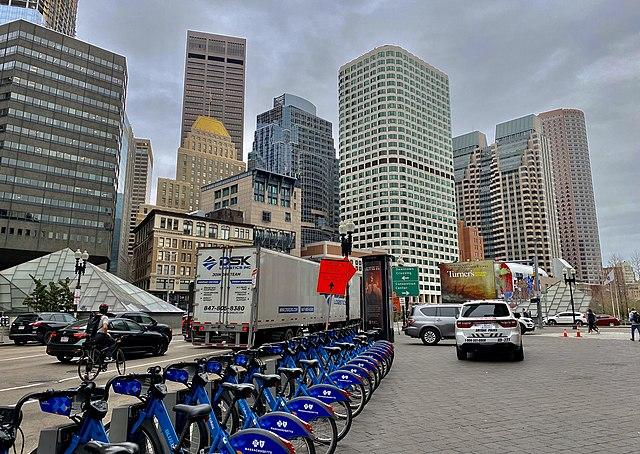Wellesley College is unique in its suburban setting, but our hustle to get into Boston each weekend is extraordinary. As a large portion of the Wellesley experience, our trips into the city rely on the assurance that we come back in one piece. In great news for our adventurous students, according to The Economist, Boston has recently risen to the title of America’s safest big city!
In one of the city’s previously most dangerous areas, the police precinct in charge has reported zero incidents of homicide. Alongside this, the presence of non-violent crime has been down for quite a few consecutive years. While these statistics help Wellesley students feel greater confidence for a successful trip into Boston, as revealed in The Boston Indicators, the ongoing opiate crisis undermines how truly safe the city can be.
Christopher Winship, a local sociologist from Harvard University, highlights that there are a few factors that have led to increased security in the greater Boston area. One contribution is the increase in finance, tech, and insurance firms in areas such as the South End. If one looks onto a local scale, Boston officials also reveal the multitude of community groups that play a role in maintaining safety within their designated areas.
While officials are celebrating these accomplishments in low crime rates, they are refusing to recognize the epidemic that is taking the lives of hundreds. The state of Massachusetts has an opiate death toll that is more than double that of the national average. At times, there have been more deaths from opioid-related incidents than vehicle accidents, an alarming statistic for students and residents of Boston. The emphasis put on fallen crime rates in Boston media is a direct attempt at hiding this issue from the greater public.
As a first-year coming in internationally from a country of great safety, South Korea, these ongoing movements towards better security do make me feel better about heading out for the day. However, the opiate crisis also brings great concern for my future in Boston. Korea’s strict policies on drugs have resulted in extremely low death rates, a true accomplishment. My experiential difference between these two environments drives a sense of advocacy to urge politicians to reorient their focus to what is actually happening in their city.
The title of ‘safety’ that has been carelessly given to the city of Boston grossly ignores an epidemic that has no plans of slowing down. It is immensely important that as students we are able to look beyond the attempts made at our perception to ignore those in need. As students of Wellesley College who equally indulge in our excursions, as we do our civic engagement, we must come to terms with the fact that Boston isn’t as safe as officials would like us to believe.
Our awareness of the opiate crisis is essential as we are at the forefront of political advocacy as temporary-Bostonians. We are encouraged to not stand by these false ideas of a ‘safer Boston,’ but rather acknowledge the depth of the situation and advocate for laws that will truly protect Bostonians, those who are temporary or permanent.
Contact the editor(s) responsible for this story: Caitlin Donovan




